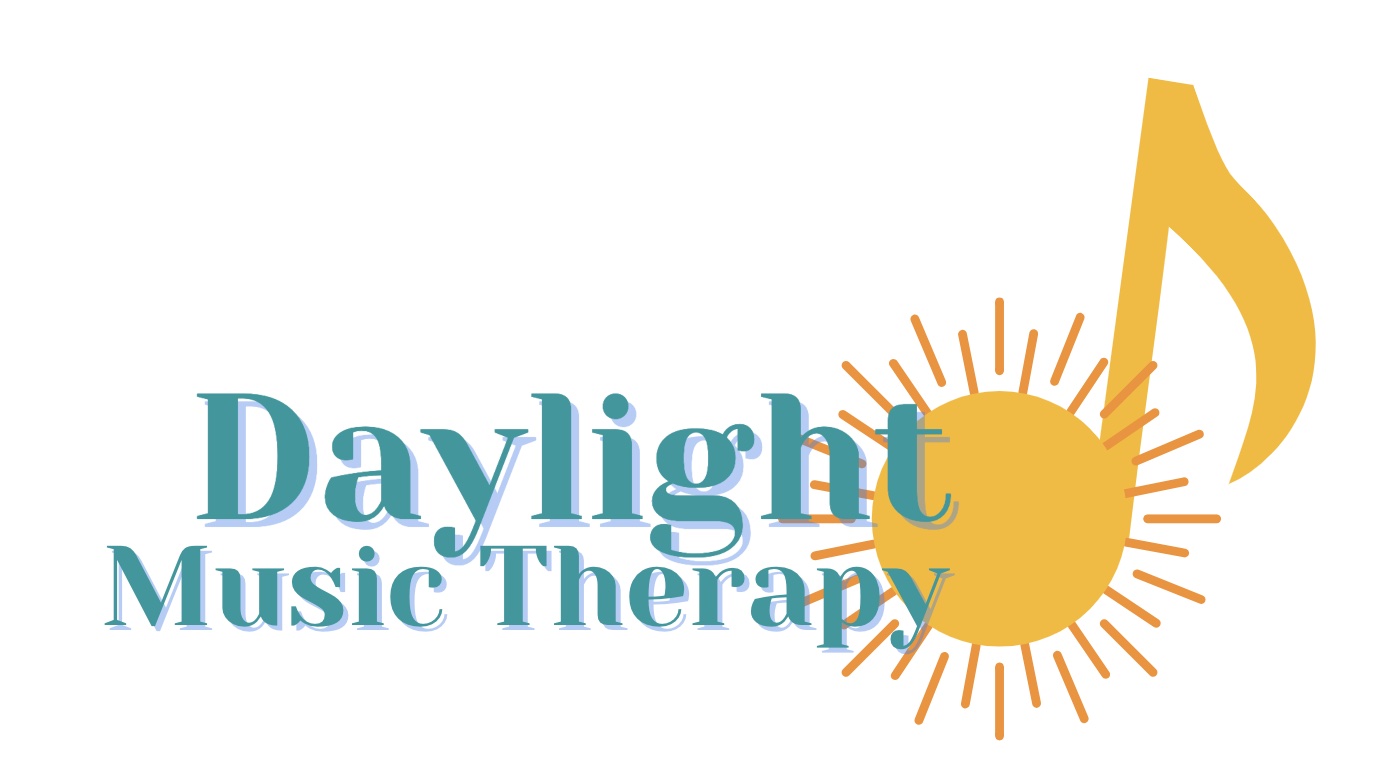What is Music Therapy?
Music therapy is the clinical and evidence-based use of music interventions to accomplish individualized goals within a therapeutic relationship by a credentialed professional who has completed an approved music therapy program. (American Music Therapy Association definition, 2005).
What do Music Therapists do?
Music therapists assess emotional well-being, physical health, social functioning, communication abilities, and cognitive skills through musical responses; design music session for individuals and groups based on client needs using music improvisation, receptive music listening, song writing, lyric discussion, music and imagery, music performance, and learning through music; participate in interdisciplinary treatment planning, ongoing evaluation, and follow up.
Who can benefit from Music Therapy?
Children, adolescents, adults, and the elderly with mental health needs, developmental and learning disabilities, Alzheimer’s disease, and other aging related conditions, substance abuse, problems, brain injuries, physical disabilities, and acute and chronic pain, including mothers in labor.
Where do Music Therapists work?
Music therapists work in psychiatric hospitals, rehabilitiative facilities, medical hospitals, outpatient clinics, day care treatment centers, agencies serving persons with developmental disabilities, community mental health centers, drug and alcohol programs, senior centers, nursing homes, hospice programs, correctional facilities, halfway houses, schools, and private practice.
